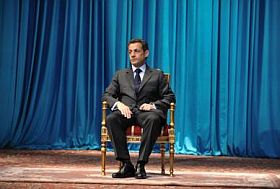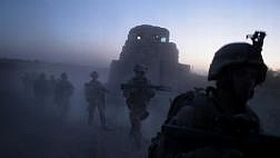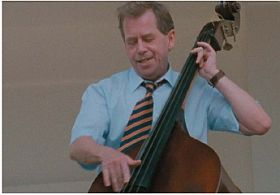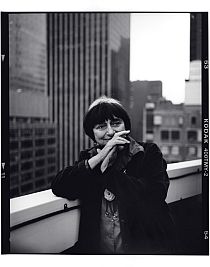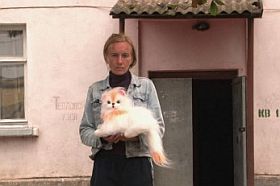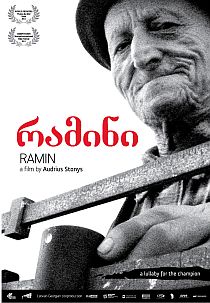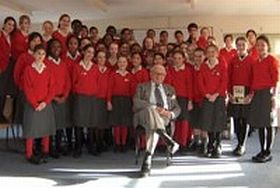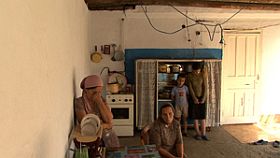


William Klein Exhibition in Paris
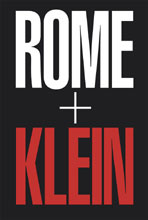
William Klein (born 1928), American filmmaker and photographer, who has great reputation for his many photo books, especially those dealing with cities like New York, Paris and Rome, and who has made films on Muhammad Ali and who has been active in artistic protests against American policy, is exhibiting a selection of his photos in Paris, they are from Rome, taken 1956-1960, when the young Klein went to Rome to become an assistant of Fellini, who, however, had enough assistants, wherefore Klein went to the streets to take photos with his newly acquired camera.
It is a joyful exhibition (runs until January 8) at the great Maison Européenne de la Photographie in Paris, a must-see-place for fans of photography and documentary or should I say, and documentation as many exhibitions also aims at documenting a country or period or a special period of our times.
Klein went to the street, caught the moments and the atmosphere, went (also) for celebrities like Sophia Loren, arranged some situations, and found Rossellini and Fellini in conversation woith each other at Cinecitta.
For copyright reasons I dare not publish any of the photos, but go to the site of the museum or google Klein and you will find his unique talent demonstrated.
Rome is a movie and Klein did it, said Federico Fellini. Klein’s book with photos from Rome can still be bought on Amazon,
